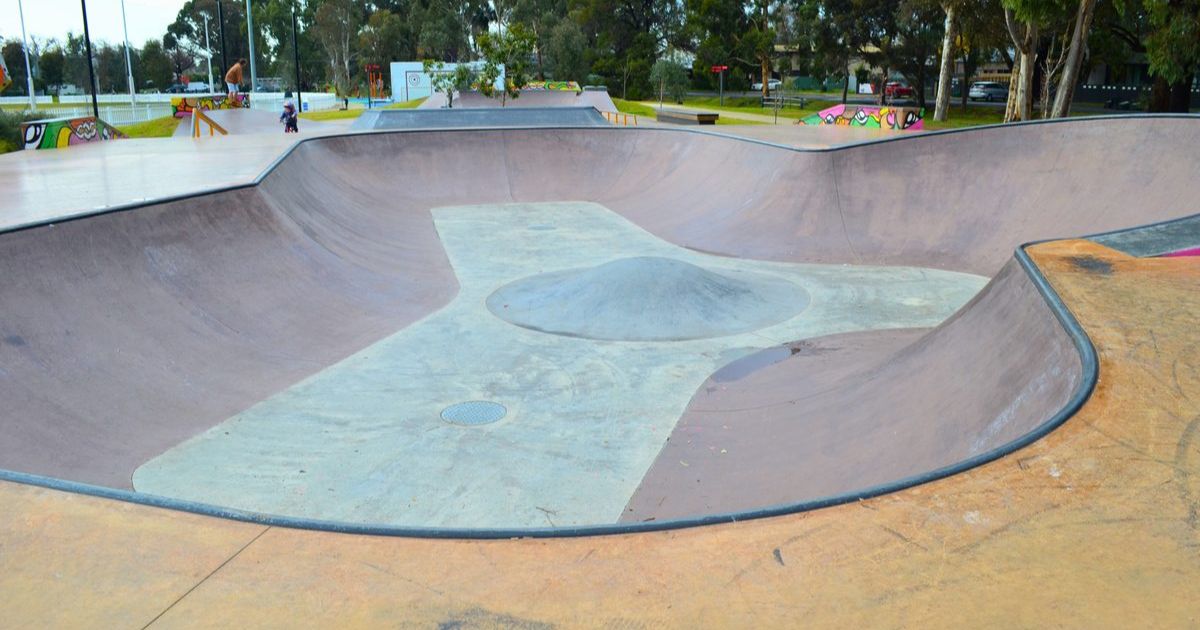Heathcote in the 1940s

Battleground: Photos were only an occasional feature in the McIvor Times during the Second World War. Photo: FILE
HEATHCOTE entered the 1940s under the cloud of the Second World War with many of its residents serving overseas or elsewhere in Australia.
Closer to home, a prolonged drought threatened the town’s water supply and tragedy struck when a mail plane crashed at Spring Plains, near Mia Mia, in early 1945 killing all on board.
Strong editorial opinions were again a feature of the McIvor Times, some struck a serious note while others took on a more humorous tone.
Drought
IN early 1942 Heathcote was left without water after two years of low rainfall.
The town’s reservoir was almost empty when the Heathcote Waterworks Trust met to discuss possible solutions to the issue.
An influx of wartime evacuees was expected to place further strain on limited local resources.
Published Wednesday, 14 January 1942
Heathcote water supply – A desperate situation
A few days will see the end of the Heathcote water supply, and great concern is felt by members of the water trust.
Informed of a good supply in an old mining shaft the trust has made an inspection, to find it filled in. Other sources of water were then inspected.
Secretary Mr Gay reported that the water level at the Reservoir was below the measuring gauge, all that remained being in the brick silt pit.
He referred to the arrangements being made by the McIvor Shire Council for the reception of evacuees at Heathcote and said the evacuation authorities had intimated that water for evacuees would be bought from the Waranga channel, a distance of 22 miles.
The Shire Council had agreed to the water trust making use of the Swimming Pool as an emergency supply.
Commissioner Lewis asked what was the position of the Trust in the event of the water running out, the chairman said the Trust was not legally compelled to find water in such case.
Commissioner Thomas said it was plain the supply would give out in a very few days.
There was still about 18 inches of water that would have to be pumped into the mains.
He thought the Trust should do all in its power to enable ratepayers to get water.
The times they are a-changing
HEATHCOTE residents were not immune from the pressures of the grindingly slow wheels of stubborn bureaucracy during the Second World War.
There were continual calls for the restoration of an out-of-commission railway line in the early 1940s.
This editorial looked forward to a utopian post-war society where things would be radically different.
Published Wednesday, 28 January 1942
The demand of the people of Heathcote for the restoration of the rail motor service remains unanswered and side issues are creeping into the matter.
No one can say that our Governmental authorities have approach this question in a manner that will increase public respect and confidence.
When the international mess is cleaned up and people can think and plan with clearness there are many country disabilities on which the people will express an opinion.
The old complacency with vicious systems that have kept us under has gone forever.
In the new order what the people demand they shall get, whether it be transport facilities, water supplies or the chucking out neck and crop of public servants who do not do their job!
The times through which we are living – times fraught with dire dangers and difficulties but through which we will fight our way if everybody bogs in, which they are not doing up to date – has given birth to a new outlook of the common people.
What it presages none can tell, but we’re tipping that in the days to come eyewash will have its proper place on the kitchen shelf!
Editorial humour
The paper’s editor, quite possibly frustrated by reader expectations, wrote this brief guide to the scope of his role in mid-1945.
Published Wednesday, 6 June 1945
To run a newspaper all a fellow has to do is to be able to write poems, discuss tariffs and money questions, umpire a football match, report a wedding, saw wood, describe a fire so that readers will shed their wraps, make £1 do the work of £10, shine at a dance, measure calico, abuse the liquor habit (and have a quiet one around the corner!), test whisky, subscribe to charity, go without meals, wear dungarees, invent advertisements, sneer at snobbery, overlook scandal, appraise babies, delight potato growers, minister to the afflicted, heal the disgruntled, fight to a finish, set type, mould public opinion but have none of your own, sweep out the office, speak at public meetings, and stand with everybody and everything and last but not least give free advertising, plenty of credit and do not ask anybody to pay up!
There are other things I could add to that, but I don’t want to insult anybody at this stage!

Air tragedy
ON 31 January 1945 an Australian National Airways Stinson mail plane, traveling from Melbourne to Broken Hill, crashed at Spring Plains, near Mia Mia, after a wing became detached in mid-air.
Both pilots and all eight passengers were killed in the accident, and it was headline news around the country.
The cause was eventually found to be a fatigue crack in the wing.
There were several recommendations made as a result, including an arbitrary fixed life for aircraft and the introduction of much stricter inspection and record-keeping requirements.
The crash was close to where the Duigan brothers had made their historic first flight in an Australian made aeroplane in 1910
Published Wednesday, 7 February 1945 (edited extract)
The worst accident recorded in Heathcote District occurred at 8.30 on Wednesday morning of last week, when the Melbourne to Broken Hill mail plane crashed in a paddock at Spring Plains, when 10 persons lost their lives.
It was on its usual morning run when, it had been reported, a wing came off, causing the machine to lose direction, turnover and come to earth in a terrible crash.
A terrible sight confronted the local residents who saw the accident in its varying stages, and ran to the scene, strewn around were pieces of bodies, wreckage, mail bags and private papers.
First Constable PJ Delaney, of Heathcote, received first intimation of an accident about half-past eight on Wednesday morning.
He went to the scene immediately and saw the plane still burning.
One wing of the plane was in a paddock about 1000 yards from where the plane crashed, the tail was about 200 yards away, while one engine was 22 yards away.
The plane was seen approaching Mia Mia on its usual course by people of the district.
Mr Eugene O’Sullivan, of Spring Plains, was feeding sheep when he saw the plane passing.
He has stated that he thought it was making an unusual noise.
It disappeared behind a cloud and the noise stopped.
He then noticed a piece of the plane floating in a different direction; the plane went behind a hill and he heard a loud explosion and saw a cloud smoke.
Mr William Dale was half a mile away when the plane crashed in Mr Bennett’s paddock.
He said he noticed a different sound than usual from the plane.
He too noticed the wing floating away in a different direction; then he heard the crash and saw the flames.
Mr Rupert Knight was another who was used to seeing the airliner pass over each morning.
He was inside on Wednesday when he heard it going over and it sounded as if an engine had cut out.
He ran outside and saw a part of the plane spinning in the air about 1000 feet up; he later discovered that this was one of the Wings.
He heard the plane crash and saw a cloud of smoke.
The wing landed in his property about three quarters of a mile from with plane came down.

















